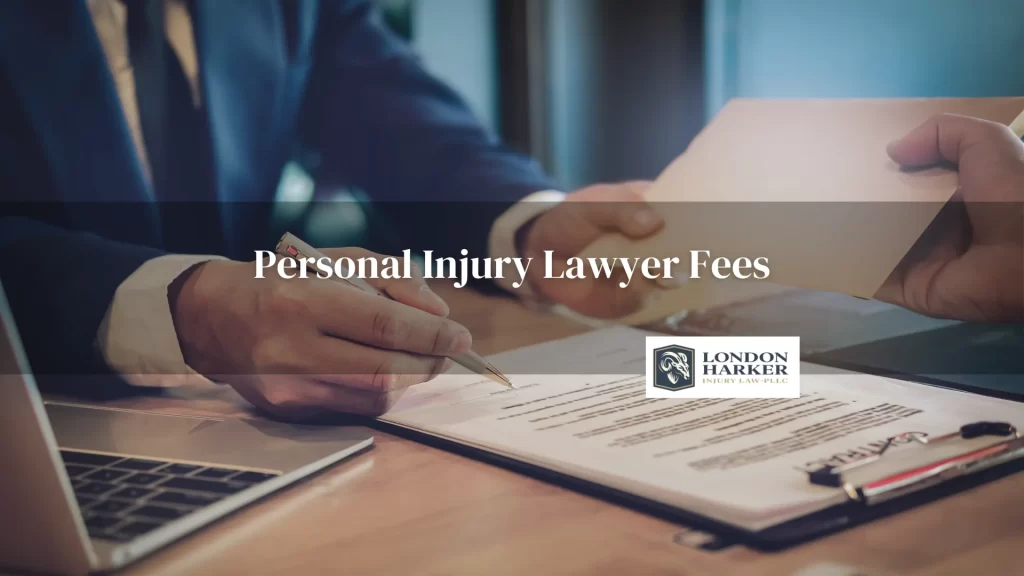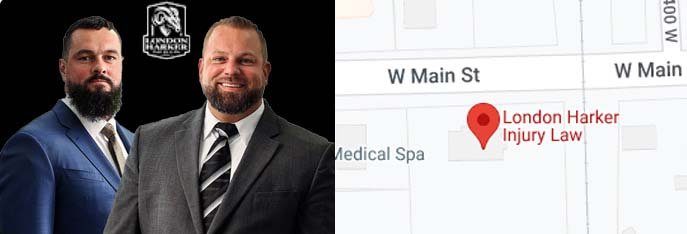Posted on Monday, November 13th, 2023 at 9:00 am

If someone else injured you in an accident in Utah, you should call a lawyer to protect your rights and pursue the money you need from the person or party that harmed you. Like many people, though, you might be afraid to do that, especially if medical bills are pouring in after your accident and your doctor has kept you off work.
The good news is that personal injury lawyers usually bill on a contingency fee basis. A contingency fee basis puts the onus on the law firm to get money for their client if they want to be paid. It also takes the worry out of getting legal representation for injured people.
How Do Lawyers Determine Their Fees?
There are a variety of methods attorneys may use to bill their clients. One of the most familiar methods is hourly billing.
When lawyers bill by the hour, they keep track of the time they spend on a case and then bill the client for the actual hours they worked. A lawyer using this kind of billing often requires a retainer fee upfront. They’ll put this fee into a special account and pay themselves from the balance in the account until they’ve used up the retainer. At that point, they’ll request additional funds from the client.
Another billing method lawyers use is to charge a flat fee for particular types of cases. In this arrangement, no matter how many hours the lawyer spends on the case, the fee will not change. The client pays the amount they agreed to at the beginning of the case. Lawyers may use this method for more straightforward types of cases, such as no-fault divorce or traffic court proceedings.
Another type of billing method is the contingency fee arrangement.
What Is a Contingency Fee?
A contingency fee is “contingent” on the lawyer obtaining compensation for the client. The lawyer doesn’t charge any upfront fees. Instead, the personal injury lawyer and their client agree on a percentage of the client’s settlement or court award that the attorney will take from the proceeds if they gain compensation for the client.
The lawyer does not receive any legal fees if they get no money for their client. This arrangement benefits clients who may not have the funds to pay upfront. It also aligns the client’s and lawyer’s interests, as both parties benefit from a successful outcome.
However, it’s important to note that there may be other costs the client may have to pay, even with a contingency fee arrangement.
What Percentage Do Personal Injury Lawyers Get?
In most cases, a lawyer working on contingency gets between 25 and 40 percent of the client’s compensation after the case is resolved. The difference depends on the location, the lawyer’s experience, and the case’s complexity. A lawyer may charge one percentage for their work if the case is resolved with a settlement. If it goes to trial, they may require a higher percentage of the compensation.
What Other Expenses Does a Client Pay in a Personal Injury Case?
Legal fees are not the only items on a law firm’s invoice. There are other costs the client might be required to pay. Common expenses are:
- Professional witness: If the lawyer brings in an expert witness to testify on the client’s behalf, that witness will charge fees. The cost depends on the type of witness, which could include physicians or accident reconstruction specialists. Their fees might include consultation, preparation, travel, and testimony charges.
- Documents: There may be charges for copying or otherwise preparing documents.
- Videos: There may be a cost for obtaining videos documenting the accident.
- Court and filing fees: Courts have scheduled fees for filing documents and other services.
- Postage: Postage charges include those to mail correspondence.
- Investigators: Searching for evidence and other information is critical in a personal injury case, and sometimes, it’s best to hire an investigator to gather all available evidence.
- Court reporters: Court reporters transcribe deposition testimony and live testimony during a court proceeding. They’re paid for this service, as well as for generating transcripts.
Before retaining an attorney, you must be clear about their fee structure. Ask them which costs and expenses will be your responsibility. Verify that they will provide an itemized list of those costs when the case is concluded.
If You Lose the Case, Who Pays for the Out-of-Pocket Costs?
You need to talk to your lawyer about this ahead of time. There are several options, such as:
- Your lawyer might agree to split the costs with you
- The attorney might decide that if you lose your case, you will not be liable for the costs
- You might be required to pay the attorney for all costs
What Happens If You Terminate Your Lawyer and Hire Another?

Although it does not happen often, there are times when a client does not feel comfortable with their lawyer, and they fire them. That attorney still has a right to recover pay for their work. They can place a lien on your case for all costs they paid out-of-pocket and their associated legal fees. Your new attorney will pay the lien out of your settlement or court award.
What happens if the lawyer decides they cannot continue in your case? Do you still have to pay them? The answer is no. If the lawyer chooses to withdraw, they don’t get paid.
Finally, the lawyer can still recover their fees and expenses from the final award if the client decides to represent themselves.
Schedule a Free Case Review Today
At London Harker Injury Law, we offer a free, no-obligation case review. We will review the circumstances of your accident, answer any questions you have about the claims process, and give you insight into which of your options has the best chance of getting you the largest payout.
You can reach us at 77CARCRASH 24 hours a day or fill out our online contact form. We will use our experience, resources, and compassion to pursue the compensation you deserve.
Related Posts
Evidence You Need to Win Your Personal Injury Claim
How Long After an Accident Can You Sue?



